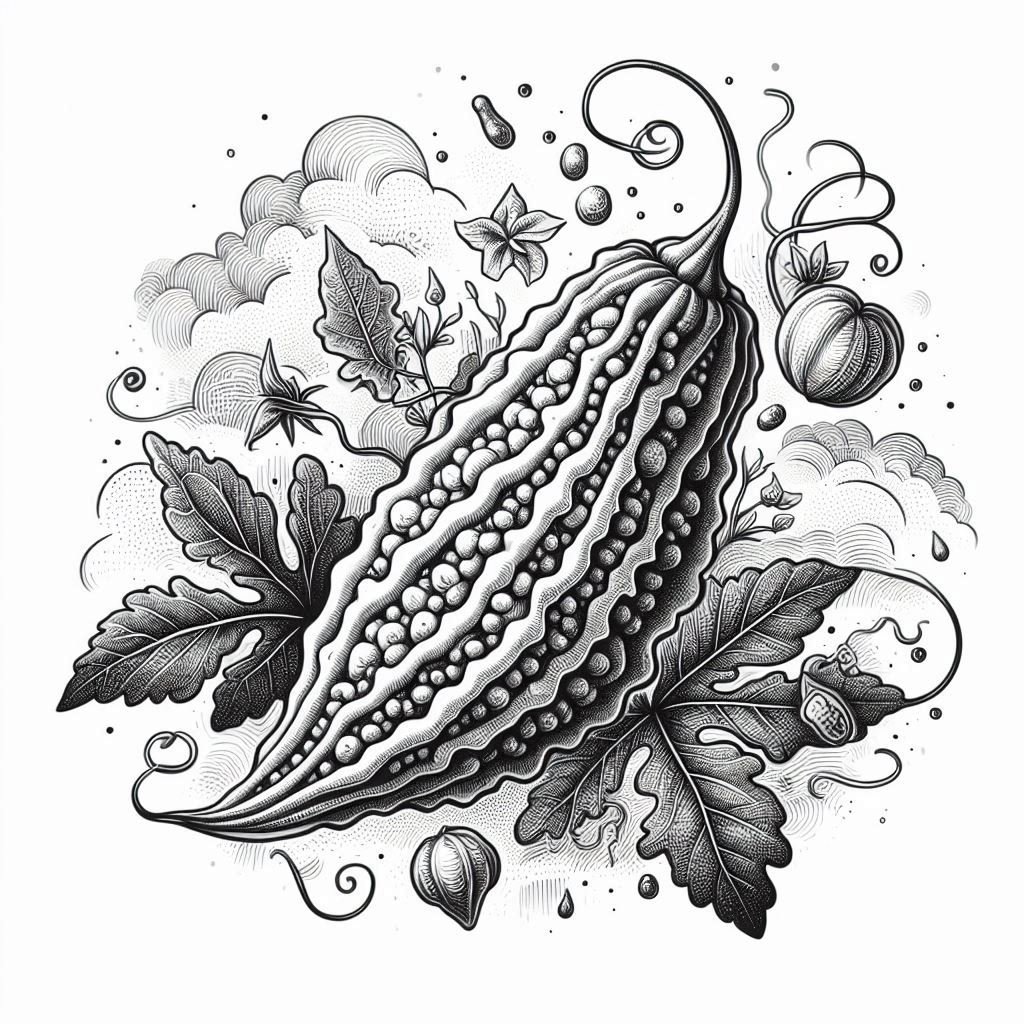Chains
Reliable eateries with multiple locations if you’re feeling overwhelmed.
St. Marc Cafe. Known for its Choco Cro pastries and cheap coffee (not great but OK). Standard chain for a quick sweet and a seat.
Harbs. A beautiful cream-filled indulgence. Cakes are tall, layered, and not too sweet. Best known for fruit mille-feuille and tea sets.
Sarutahiko Coffee. Tokyo-born specialty coffee chain with a neighborhood vibe. Espresso-focused, with solid beans and latte art cred.
The Matcha Tokyo. Organic matcha chain with a minimalist aesthetic and a health-forward menu. Known for plant-based lattes, matcha soft serve, and seasonal drinks.
City Bakery. Bringing New York original’s pretzel croissants and bold coffee to Japan. While the signature items remain, the Tokyo branches lean into local preferences: less salt, subtler sweetness, and Japanese-style set menus with soups or sandwiches.
Abura. Specializes in oil-based ramen (no broth), typically rich, salty, and heavy. Often a late-night call.
Spajiro. Casual pasta spot doing Japanese-style spaghetti with massive portions. Popular with students and carb-loaders.
Ichiran. Solo-booth ramen with tonkotsu broth and a punchy flavor profile. Efficient, tourist-heavy, always the same.
Afuri. Yuzu shio ramen is the draw—light, citrusy, and photogenic. Interiors lean modern, even in train stations.
Marugame Seimen. Self-serve udon chain with freshly made noodles and tempura on the side. Cheap, quick, and always a line at lunch.
TsuruTonTan. Big bowls of udon with creative toppings. Udon is silky, interiors are sleek, price is mid-high.
CoCo Ichibanya. Nice curry option. Pick your heat (don’t overdo it, really. 3 or 4 is plenty spicy), topping, and rice size. Japan’s fast-curry king with near-infinite combinations.
Sushi Zanmai. 24-hour sushi chain with a recognizable tuna mascot. Fish is fresh, pricing fair.
Tsukiji Sushiko. Mid-range sushi chain, not to be confused with the actual market. Reliable quality, clean presentation, office lunch staple.
Katsu Midori. Sushi chain that’s better than it should be for the price. Expect long lines and solid quality.
Sushiro. The top-selling conveyor belt sushi chain, offering over 100 varieties of sushi and side dishes at affordable prices.
Jojoen. Upscale yakiniku with glossy interiors and premium cuts. Pricey, polished.
Ushigoro Bambina. Upscale yakiniku chain serving A5-grade Kuroge Wagyu, signatures: sirloin sukiyaki, uni-topped beef sushi, and the Instagram-famous meat cake.
Nabezo. All-you-can-eat shabu-shabu and sukiyaki. Meat quality decent, veggies fresh, sauces do the work.
Rakeru. Quirky omelet rice chain with a faux-British cottage vibe. Serves everything in little baskets or pots.
Eggs 'n Things. Hawaiian-born breakfast chain known for its whipped cream-topped pancakes, loco moco, and spam & eggs.
Tiger Gyoza. Chain gyoza resto with a retro vibe and a menu full of dumpling variations—pan-fried, boiled, shrimp, lamb, even coriander.
Osaka Ohsho. Gyoza is the main event, but there’s fried rice and Chinese-y sides too. Cheap, salty, fast.
Shake Shack. A regional spin on the U.S. classic with Japan-only items like the Smoked Onion Burger, yuzu chili cheese fries, and seasonal shakes featuring matcha or hojicha.
MOS Burger. Those who love it enjoy its made-to-order approach, fresh ingredients, and Japan-specific menu items like rice bun burgers and meat-sauce originals.
McDonald’s. It can be your familiar McHappy place. Compared with US, dining area are neater, and less greasy. Plus there’s the seasonal menus: teriyaki burgers, shrimp patties, matcha pies, or sakura shakes, etc.
Konbini
Japan’s convenience stores are a source of everyday greatness. Family Mart is my personal favorite, but they’re all good. Grab an onigiri that’s actually fresh, delicious fried chicken (famichiki!), and egg sandwiches with cult status. You’ll find seasonal desserts, limited-edition drinks, candies, and oden simmering near the register in winter. Need socks, phone charger, concert tickets? All there. It’s fast, cheap, spotless, and oddly satisfying. Some highlights:
Onigiri. Triangle rice balls with different fillings: mentaiko, tuna mayo, salmon, kombu, etc. The packaging to keep the seaweed crisp is its own engineering marvel, just follow the arrows to unwrap.
Egg Salad Sandwich. Fluffy white bread, creamy egg filling—simple, highly caloric, addictive.
Famichiki (Fried Chicken cutlet). Hot, juicy, peppery chicken thigh in a paper sleeve. Street food disguised as a convenience store snack. The word ‘Famichiki’ is a portmanteau for Family Mart Chicken, and it’s also fun to say; other konbinis will have their chicken equivalent.
Pork Buns. Soft, steamy buns filled with savory pork.
Premium Roll Cake. A swiss roll a.k.a. a soft circle circle whipped cream heaven.
Soft-boiled Eggs. They're pre-peeled, gently seasoned, with a jammy yolk that sits perfectly between raw and hard-boiled. Cheap, protein-packed, and you can trust that you won’t get food poisoning. The quiet MVPs of the refrigerated aisle.
Salad chicken. The minimalist protein hero, vacuum-packed, pre-cooked chicken breast—moist, low-fat, and ready to eat. It comes in flavors like herb or lemon and slips easily into salads or straight-up snacking.
Monaka ice cream. A classic treat with creamy ice cream encased in a crisp mochi or wafer shell, often with a hidden layer of chocolate. The ice cream doesn’t quite melt (in fact you can microwave it a little to melt the chocolate inside) which is slightly unsettling.
Depachika
Down in the basements of Tokyo’s big department stores, whole worlds unfold—depachikas, where food is art and everything smells like a small, elegant miracle. These underground food halls are good for gifts, better for treating yourself.
Shinjuku Isetan
Shinjuku Takashimaya
Nihonbashi Takashimaya
Ginza Mitsukoshi
Shibuya Tokyu Food Show
Matsuya Ginza

